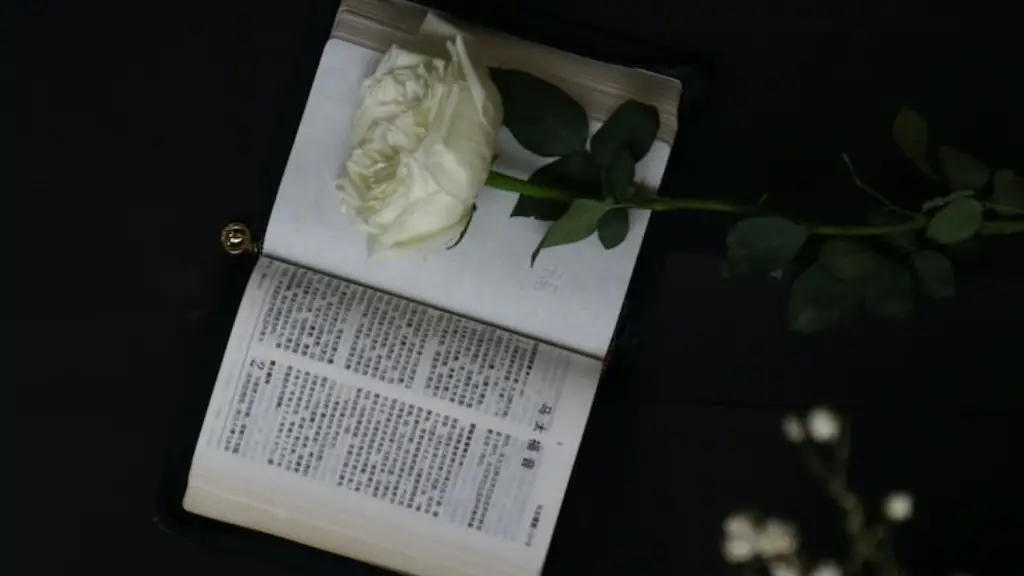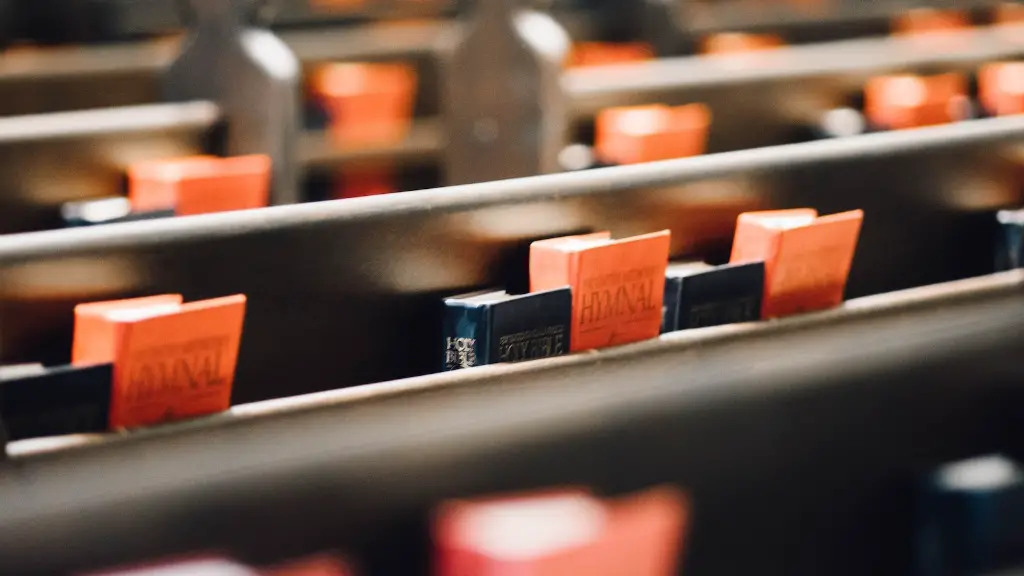Purgatory is an interesting concept to consider, and one that has had both secular and religious advocates. The doctrine of Purgatory, or intermediate state of purification following death, is a teaching of the Catholic Church and is spoken of in a number of ways within the Bible. There is debate, however, as to the exact nature of this doctrine and the Biblical foundation for it.
In the English translation of the Bible, the word ‘purgatory’ does not appear. Nevertheless, there are some Biblical passages which can be used to support the concept of a post-mortal purification process. Among these are 2 Maccabees 12:45 and 1 Corinthians 3:15. In 2 Maccabees, Judas sends gifts to Jerusalem for sacrifice on behalf of the nine thousand slain soldiers; he specifically requests that the Lord would be propitiated for them “that they may be delivered from their sin” which is interpreted by some to mean that, although initially freed from the consequences of their sin through death, they then must be cleared of the guilt of their transgressions. 1 Corinthians 3:15 appears to speak apocalyptic language of judgment and being “saved” but “as through fire”.
The Catholic Church embraces this concept of postmortem purification, which is referred to as ‘Purgatory’. According to this belief, those who depart this life in God’s grace and friendship are thereby assured full entrance into Heaven, but on the way they must undergo purification, so as to achieve full holiness and become worthy of immediate union with God in the Beatific Vision. This purification, or ‘cleansing’ as it is often known, can take place on earth during life through taking part in the sacraments and growing in holiness. Yet for those who do not do so, Purgatory is their state of being during the afterlife until God lifts their soul out of purgatorial suffering.
The doctrine of Purgatory is accepted by many Christian denominations, yet the view on the specifics of the concept varies, due both to varying interpretations of Biblical passages and lack of detailed information within the Bible. While the Bible may not give an entirely clear answer as to whether there is a purgatorial realm or not, it does seem to provide glimpses at the possibilities, particularly through the verses in 2 Maccabees and 1 Corinthians. For now, it can be said that Purgatory is a concept that does have some Biblical roots, although the exact nature of the state is ultimately up to interpretation.
Faith as a Mechanism for Purgatory
In light of the lack of unequivocal literature in the Bible, much of the discussion on Purgatory focuses on faith as an integral part. Indeed, it may be argued that faith is in fact the bedrock upon which the entire concept of Purgatory exists. For the believer, faith in the power of an intermediate state of suffering after death serves to provide comfort in times of grief, as it suggests that there is still a possibility for the dead to rest in peace. For the non-believer, faith can still play a role in understanding the concept of Purgatory. By considering faith in the same way scientific concepts are looked to for more accurate answers, a deeper understanding of Purgatory can be gained.
For example, followers of the Abrahamic faiths (Judaism, Christianity, and Islam) already have some idea of what the afterlife holds, based on their faith in the afterlife being a place of reward or punishment. In the case of Purgatory, faith is seen as a foundation for understanding the relationship between purgatorial suffering and the attainment of holiness. Further, faith can be seen to be a core component in the Catholic belief of Purgatory, since it is faith that allows individuals to accept the power of the sacraments and other means by which one can be purified. In this sense, it is faith rather than scripture that guides people to accept the existence of Purgatory.
In essence, faith can be regarded as an essential component in grasping the concept of Purgatory, both in terms of personal understanding and Biblical literacy. Whether one is a believer or not, faith serves as a bridge between the known and unknown, providing a tangible way of making sense of and providing a means of grasping the concept of Purgatory.
Analysis and Reflection
At the heart of the concept of Purgatory lies the human desire for justice – an understanding that those who cause suffering, be it intentional or not, must be made to pay for their deeds and not be forgiven lightly. This is an understanding that has been part of many cultures throughout history and is still prominent today, and faith in Purgatory allows for this sense of justice to be maintained in the afterlife.
Furthermore, there is also a sense of hope in the belief of Purgatory, since it serves to comfort individuals in times of loss. In this way, the power of faith can be seen to be intertwined with the concept of Purgatory. While many believers look to the Bible for confirmation of their beliefs, it appears that faith is a crucial factor in obtaining a greater understanding of Purgatory, particularly in the absence of clearcut scripture. This indicates that faith serves not only as a personal source of comfort and understanding, but also as a source of communal strength as believers draw upon one another’s faith in times of distress.
Purgatory serves to reconcile a need for justice and hope in the afterlife, one that is compatible with many world religions, yet it is ultimately up to the individual to decide how to understand it and accept it. For many, faith has proven to be a powerful and comforting influence in grasping the concept of Purgatory, and it is likely that faith will continue to be a cornerstone in maintaining the belief of an intermediate afterlife for many years to come.
Rites of Passage
Purgatory is more than just a concept – it is also part of a larger system of beliefs and practices. Many of these practices involve rites of passage, especially in Catholicism and other Christian churches. For example, often Catholics who are preparing to pass away will receive what is known as ‘the last rites’- a ritual designed to observe their transition to a new state of being. This often includes acts such as confession, absolution, and anointing of the sick. This ritual is believed to provide a spiritual purification that prepares the believer for the next life.
Many of these rites of passage, both religious and secular, also involve a number of similar ceremonies, such as funerals. Funerals provide a space of mourning and remembrance, where family and friends are able to express their grief and offer their support to the deceased. They also provide an opportunity for the individual’s life to be celebrated and for them to be remembered in a positive way. This can be seen as another form of purification – one that is made possible through shared experiences.
Rites of passage such as the last rites and funerals serve to provide comfort and a sense of closure in knowing that the deceased is being sent on their way with the blessing and support of their loved ones. In this way, they are inextricably linked to the concept of Purgatory, as they are an integral part of the belief in an afterlife where the soul can be purified and eventually ascend to a higher state of being.
Suffering and Purification in Purgatory
Much of the belief surrounding Purgatory focuses on suffering and purification. The purification of the individual’s soul is seen as a necessary step before entry into the heavenly realm, and is generally seen as a form of suffering. Catholics believe that souls must undergo purgatorial suffering in order to atone for any sins committed while alive. This suffering is believed to purify the soul and allow it entry into the presence of God.
The duration and intensity of purgatorial suffering also depends on the severity of the sins that have been committed. Catholics also believe that it is possible to reduce the amount of suffering someone has to undergo in purgatory. This is often done through acts such as praying for the deceased, giving alms, or undertaking pilgrimages. The idea is that by performing these acts, a person is able to ‘shorten’ the suffering of the souls in purgatory by providing them with access to the merit of their good works.
Overall, it can be seen that much of the belief surrounding Purgatory revolves around suffering and purification. This may be viewed as a balancing of scales – souls must suffer to atone for their sins and to cleanse themselves in order to enter into the heavenly realm. This provides a sense of justice and balance in the afterlife, and allows individuals to be comforted in the knowledge that justice and mercy will be served to them in the afterlife.
Modern Societal Views of Purgatory
The belief in Purgatory is still strong today, with many people seeing it as an essential part of their faith. The concept is particularly popular within the Catholic Church, where it is seen as a necessary step in the process of attaining full union with God. Interestingly, however, there is also a growing acceptance of the concept amongst non-believers, particularly in its secular form.
For those who do not believe in an afterlife, purgatory serves as a way to process grief and loss. By understanding that loved ones may still need to experience purgatorial suffering before finally being released from the world, this offers a degree of comfort and closure in otherwise difficult times. This allows individuals to process their grief in a meaningful way and to make sense of their loss.
The acceptance of purgatorial belief in a secular context also speaks to a larger shift in how we view death and the afterlife. In an age dominated by science and reason, it is not surprising that many individuals no longer look to supernatural explanations for the afterlife. Rather, those who do believe in a spiritual afterlife often look to their own experiences and faith to inform their beliefs on Purgatory.
Purgatory is a fascinating concept, one that has been present in many cultures throughout history. While opinions on its exact nature vary, the underlying themes of justice, hope and faith remain. In today’s world, the concept of Purgatory still has a place, both within religious circles and in secular contexts. This shows that, while the concept of Purgatory may be adapted to suit a variety of contexts and beliefs, its core elements remain relevant and powerful today.





